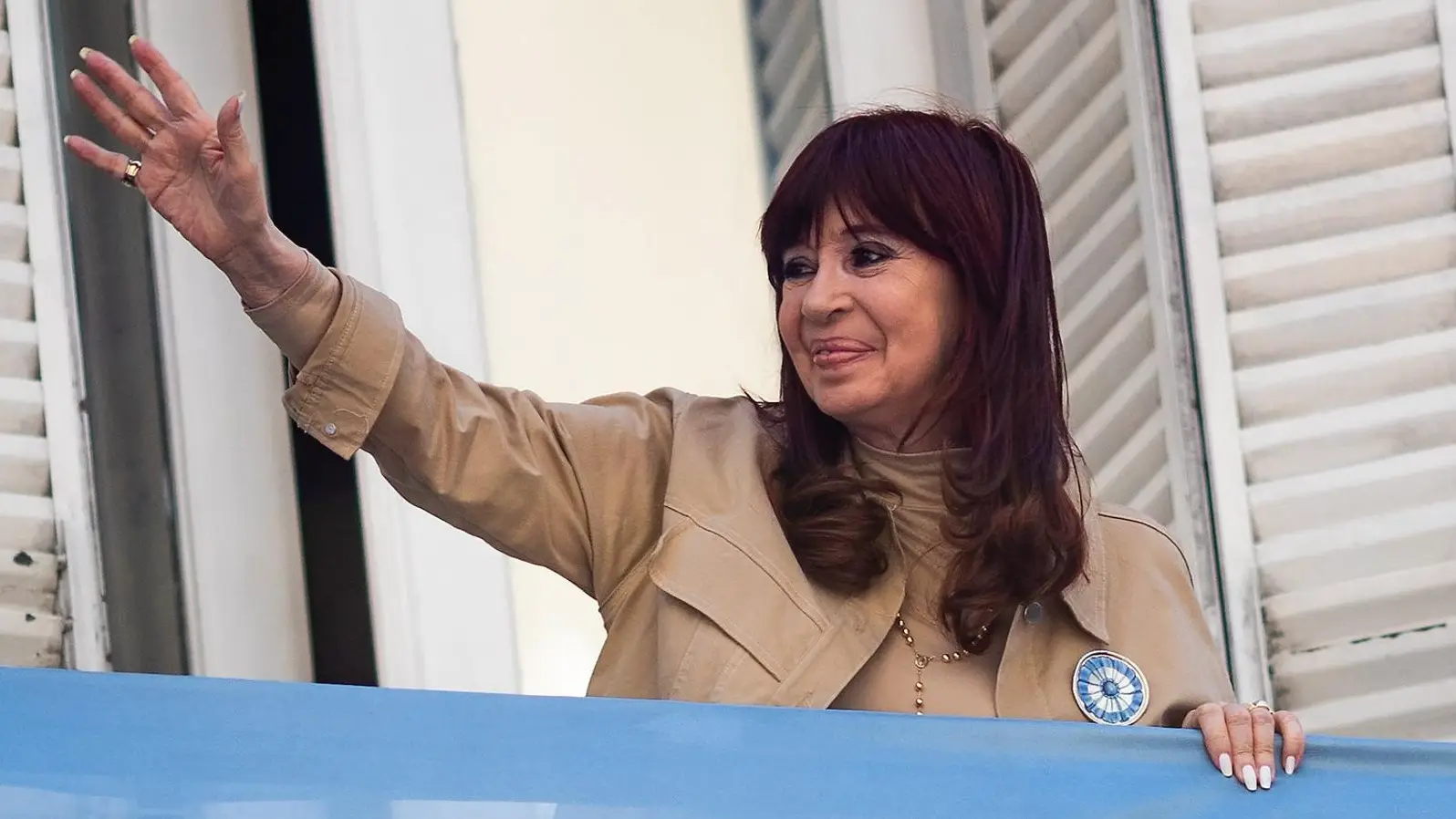On Tuesday, June 10, the Supreme Court of Justice upheld the ruling—comprising several previous judicial decisions—that sentenced former Argentine president and vice president Cristina Fernández de Kirchner (CFK) to six years in prison. The “Vialidad” case found CFK guilty of mismanagement of public funds during her tenure as head of state and of illicit enrichment. On Wednesday the 18th, the former president had to appear at the judiciary headquarters to be officially notified of the sentence and, officially as well, be taken into custody. Due to her age and her background as a former head of state, she was placed under house arrest.
Obviously, given the above and CFK’s role as leader of the main political opposition to Milei’s government, this situation, though anticipated, sparked significant upheaval and mobilization among her supporters, which is still ongoing. At the same time, it has blocked any chance of a thoughtful and well-founded public debate. The discourse is polarized between those who, by definition, see the ruling as a political ban on the former president, who was set to run as a provincial legislative candidate in the October 2025 midterm elections, and those who, with equal conviction, consider the sentence fair and a necessary reckoning with years of Kirchnerist corruption. In between: nothing.
I identify five immediate implications this ruling opens up for current Argentine politics:
- The sentence, which includes a lifelong ban from holding public office, politically sidelines the country’s main opposition leader and, alongside Milei, one of the two key figures in today’s Argentine political landscape. As many media outlets put it colloquially, Cristina has been taken off the field. Now, there is only one player left on the pitch: the president.
- The Justicialist Party—the enduring Peronist party that has changed names, leadership (after Perón), and political orientation countless times—has been thrown into disarray. It had been preparing for the crucial October parliamentary renewal elections, counting on CFK as the essential unifying figure to consolidate the fractured Peronist electorate. Although other leaders, such as the governor of Buenos Aires province, had begun positioning themselves for the election, CFK’s presence on the ballot was an irreplaceable political asset.
- The government of La Libertad Avanza (LLA), Milei, sees this election as a litmus test for whether it has truly become Argentina’s new political hegemony. It is a new political organization carrying out a libertarian economic program, anti-woke, fairly anti-rights, and closely aligned with the United States. The upcoming election will indicate whether LLA/Milei was merely an outlet for the public’s weariness, with both the left and right, after two decades of Kirchnerist dominance, or, as the administration believes, the herald of a radical political and cultural shift in Argentina. In this electoral battle, the government hoped to face CFK’s candidacy, seeing it as polarizing and one that would rally voters to its side. The ruling upended this interpretation and the government’s strategy. Time to reshuffle and redeal…
- CFK’s removal and Mileism’s scramble for a new electoral strategy ahead of October opens the door, and the political necessity, for the urgent emergence of a new opposition to LLA/Milei’s aggressive political program and its re-election ambitions for 2027. Until this week, any major opposition to the government included Peronism in its Kirchnerist form. The possible slow dissolution of Kirchnerism—both within Peronism and in Argentina’s broader political system—means that opposition forces will naturally begin to realign between October 2025 and the 2027 presidential elections, eventually forming a political front clearly opposed to libertarian policies. It must be understood that this is a polarizing political approach. It does not converge with anything or anyone. Likewise, it is the Schmittian politics of friend versus enemy. Now it is the enemy, the opposition, that must reorganize.
- A recent poll by respected firm Zuban Córdoba shows that, in round figures, 55% of respondents viewed the ruling as fair, while 45% saw it as biased and politically motivated. But here’s the significant point: within the 55% who supported the verdict, 70.9% were under 30 years old. That is, a striking majority of the younger population believes in the fairness of the sentence. Perhaps it’s time to start reading this as a signal that young people—the ones who will increasingly take the public stage in the short and medium term—are asking for something else, something different from politics.
*Machine translation proofread by Janaína da Silva













